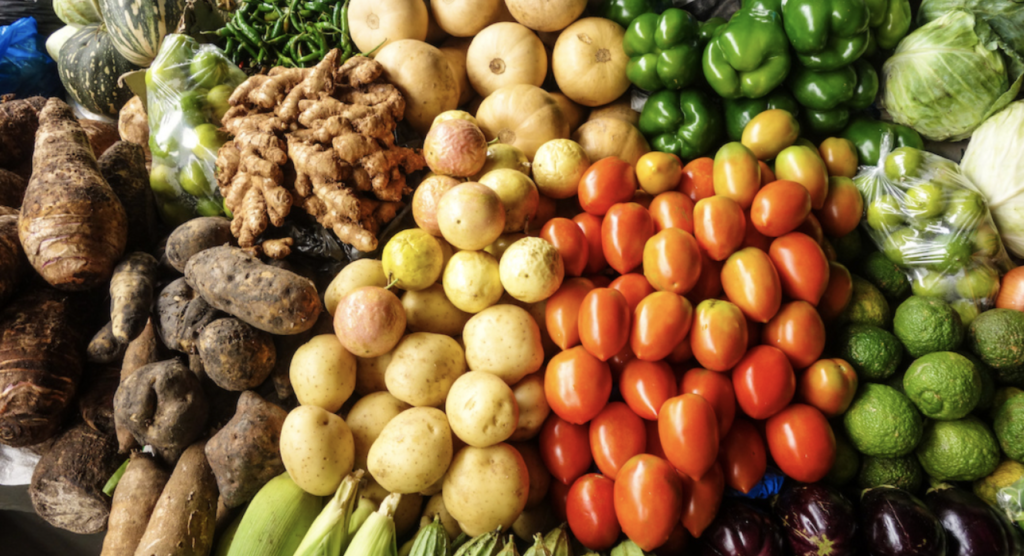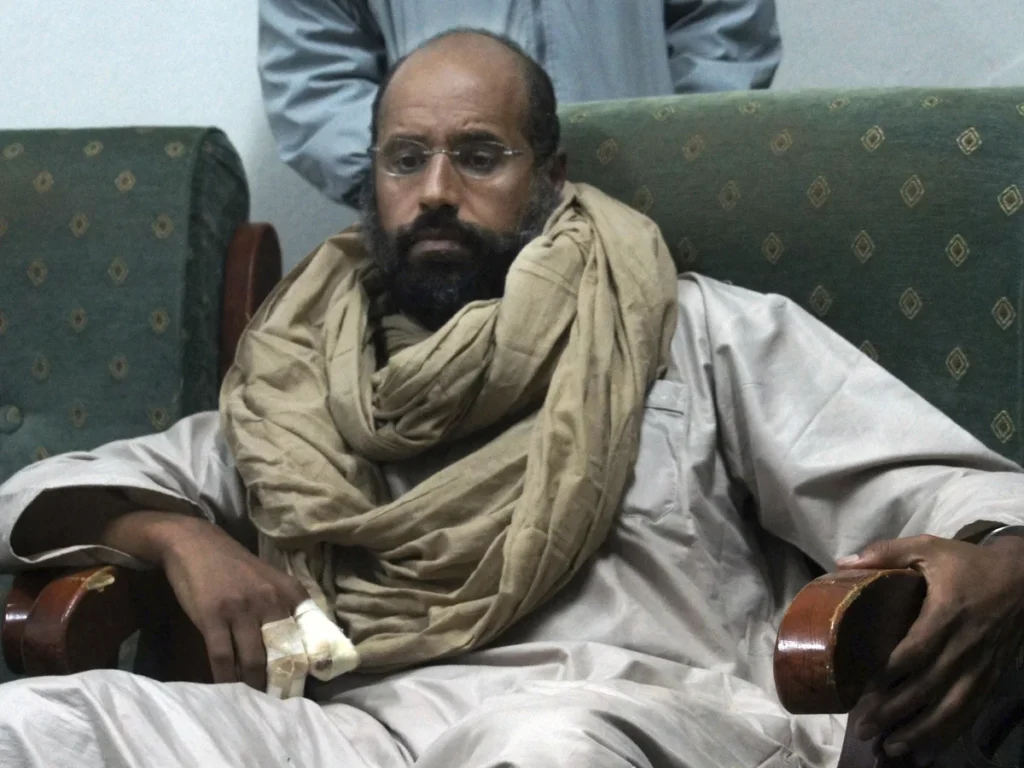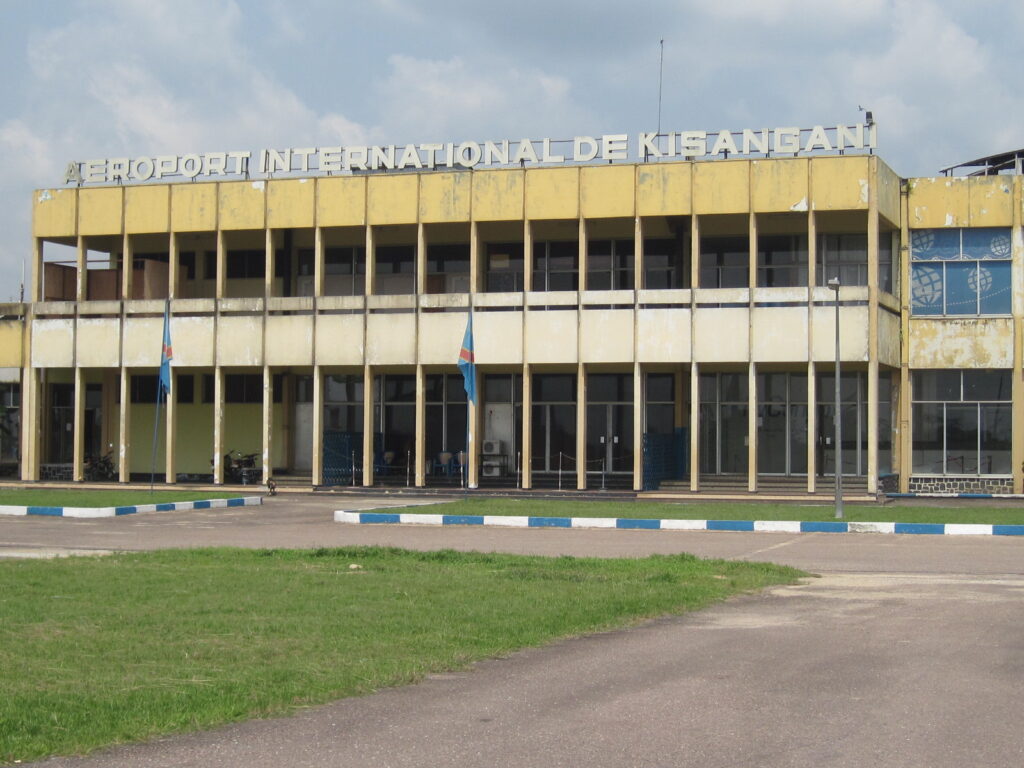
Africa can earn the respect of the world by becoming a global powerhouse in food and agriculture, according to the President of the African Development Bank Group (AfDB), Dr. Akinwumi A. Adesina.
Dr. Adesina made this statement in his keynote speech, titled “For the World to Respect Africa,” during The Guardian Newspapers 40th anniversary celebration in Lagos. He noted that despite possessing 65% of all the uncultivated arable land left in the world, Africa has not been able to feed itself.
“Africa’s food import bill hit $85 billion in 2012 and is expected to surpass $110 billion by 2025, with 283 million people going hungry every year. Africa will gain respect when it is able to feed itself. Any nation or region that begs for food is free only in words, but dependent on others for life,” he said.
Dr. Adesina emphasized that Africa must move beyond poverty alleviation and focus on eradicating poverty altogether. He urged governments to take responsibility for lifting their people out of poverty and into wealth.
To achieve this goal, Dr. Adesina called for increased investment in agriculture. He noted that the AfDB has invested over $8 billion in agriculture over the past seven years, which has improved food security for 250 million people.
“When the Russian-Ukraine war broke out and disrupted wheat and maize exports, Africa faced a potential food crisis. I said Africa will not see a food crisis and that Africa should not go around begging for food, or pleading with Russia to have food, but rather put its own seeds in the ground and produce food,” he said.
The AfDB responded by approving a $1.5 billion emergency food production facility for African countries. This facility is supporting 20 million farmers in 36 countries to produce 38 million tonnes of food valued at $12 billion.
“Africa did not beg. Africa produced more food. And Africa gained respect,” Dr. Adesina declared.
He also highlighted the importance of value addition to African agricultural products. He noted that while Africa accounts for 65% of the production of cocoa, it receives only 2% of the $120 billion global value for chocolates.
“The export of raw commodities is the door to poverty. The export of value-added products is the highway to wealth,” he said.
Dr. Adesina concluded by reaffirming that Africa can gain respect when it turns itself into a global powerhouse in food and agriculture. He urged African countries to take advantage of their vast natural resources to develop their economies and transform the lives of their people.



